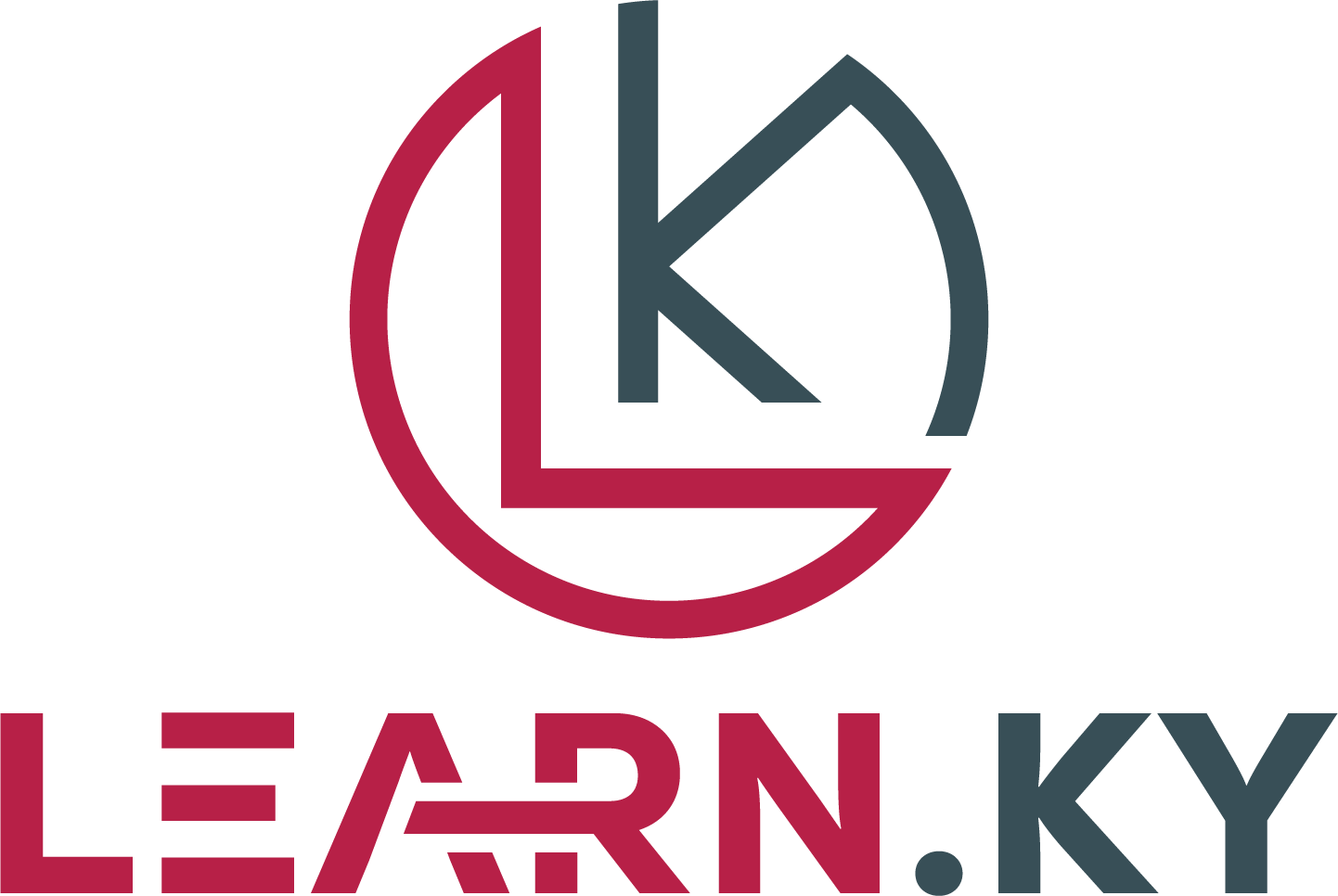One of the primary benefits of AI in EdTech for businesses is its ability to personalize learning experiences. By utilizing AI algorithms, companies can create customized training programs that adapt to the unique needs and learning styles of each employee. This not only improves learning outcomes but also increases employee engagement and motivation. For example, AI-powered platforms can analyze employee performance data to identify areas where additional training is needed, allowing businesses to tailor their learning programs accordingly.
Furthermore, AI EdTech can help businesses harness the power of big data to gain valuable insights into their operations. By leveraging AI algorithms to analyze vast amounts of data, companies can identify patterns, trends, and correlations that would be impossible to uncover through manual analysis. This data-driven approach enables businesses to make more informed decisions, optimize their processes, and stay ahead of the competition. For instance, AI-powered analytics tools can help businesses forecast demand, optimize inventory management, and identify areas for cost reduction.
In addition, AI EdTech is revolutionizing the way businesses recruit, onboard, and retain talent. By using AI-powered chatbots and virtual assistants, companies can streamline the recruitment process and provide candidates with real-time feedback and support. AI algorithms can also analyze employee performance data to identify high-potential employees and recommend personalized development plans to help them grow within the organization. This not only boosts employee engagement and retention but also ensures that businesses have the right talent in place to drive their success.
Despite the numerous benefits of AI EdTech in business, there are also challenges and concerns that need to be addressed. For example, there is a risk of bias in AI algorithms, which can perpetuate inequalities and discrimination if not properly managed. Additionally, there are concerns about data security and privacy, as AI-powered systems collect and analyze sensitive information about employees. To address these challenges, businesses need to implement robust data governance policies, ensure transparency and accountability in AI systems, and prioritize ethical considerations in their AI EdTech initiatives.
In conclusion, the future of AI EdTech in business is bright, offering a wide range of opportunities for companies to innovate, grow, and succeed in the digital age. By leveraging AI algorithms to personalize learning experiences, analyze data, and optimize talent management processes, businesses can stay competitive and achieve their strategic objectives. However, it is essential for businesses to approach AI EdTech with caution, ensuring that ethical, legal, and regulatory considerations are carefully considered. With the right approach, AI EdTech has the potential to transform the way business is conducted, driving innovation, productivity, and growth.










